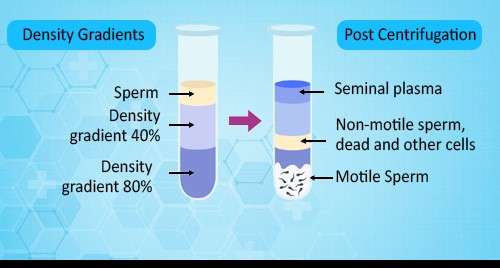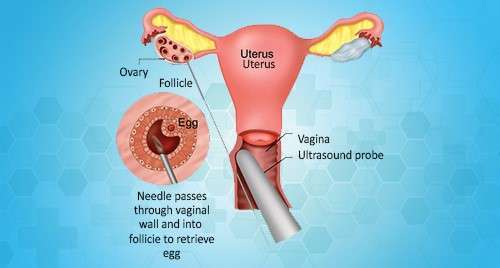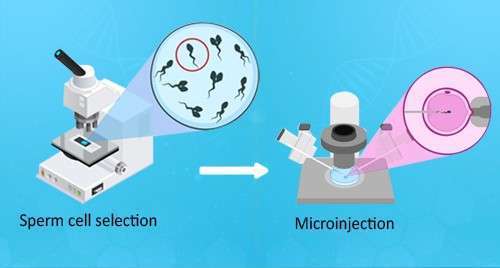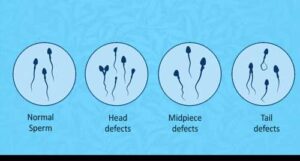IMSI Treatment in India
Welcome to Bloom IVF
Have you gone through ICSI and IVF cycle failure?
Are you struggling to conceive due to infertility problems?
If you are dealing with severe male infertility, then we have positive news for you.
Through IMSI treatment, we can help you achieve your dream of having a baby.
Dr. Hrishikesh Pai is one of the leading gynecologists in India. In 2007, he initially introduced IMSI treatment in India at the Bloom IVF Centre at Lilavati Hospital, Mumbai. Dr. Hrishikesh Pai has performed numerous IMSI cycles until now.

What is IMSI?
Intracytoplasmic Morphologically Selected Sperm Injection (IMSI) is an advanced assisted reproductive technology, a boon for severe male factor infertility. IMSI is an advanced version of ICSI having a magnification power of 16 times higher compared to ICSI.
IMSI treatment offers various advantages like improved embryo quality and selection of viable sperms. It also helps to reduce the chances of abortion.
In ICSI, before sperm microinjection, we observe the sperms under the microscope of 500 times magnification. But in IMSI, the sperm is being examined under high power of 6600 times before microinjection. IMSI allows the embryologist to see the spermatozoa’s detailed structure, thereby detecting potential abnormalities in the head, middle-piece, and tail of the sperm. This technique thus enables our embryologists to select healthier sperms.
CONTACT US FOR MORE INFORMATION OR BOOK AN APPOINTMENT
Steps involved in the IMSI procedure are:
Why perform an IMSI?
IMSI treatment in India increases the possibility of embryo fertilization and development, especially in males with failed IVF or ICSI treatment or with a high number of abnormal sperms. The significant feature of IMSI is that it selects the sperm with great precision. It involves the examination of sperms at thousand times increased magnification. Thus, minor morphological sperm abnormalities can be detected, which are usually missed with ICSI. In ICSI, the sperms may look healthy, but they may not have fertilization potential.
We can have a better-selected sperm and better fertilization rate in males with severe oligospermia or asthenozoospermia or teratozoospermia with IMSI. IMSI is better than ICSI for selecting the embryos and thus ensures a better success rate.
In our patients, we have seen that IMSI has improved clinical pregnancy rates. It has also reduced abortion rates in many cases. The viable sperms selected using IMSI can further be used for IVF or ICSI treatment to increase the probability of the treatment’s success.
CONTACT US FOR MORE INFORMATION OR BOOK AN APPOINTMENT
Who is suitable for an IMSI treatment?
Mostly, experts recommend the IMSI treatment in India for men with:
- A high quantity of irregularly shaped sperms
- A low amount of normal sperm in a semen sample
- Low sperm motility
- Previous failed ICSI or IVF treatment
- Age more than 40 years
IMSI treatment can be a great choice in conditions like,
- High level of DNA fragmentation in the semen sample
- Multiple previous abortions or miscarriage
- Two or more unsuccessful ICSI or IVF cycles
What is the success rate of IMSI?
The success rate of IMSI in comparison with ICSI at Bloom IVF Clinic:
| IMSI | ICSI | |
|---|---|---|
| Live births | 20%-30% | 25% |
| Risk of miscarriage | 5%-10% | 7% |
| Clinical pregnancy | 35%-44% | 32% |
Through IMSI, we discovered that couples had higher pregnancy and live birth rates and reduced miscarriage rates. MSI also improves the success rate of IVF as it increases embryo implantation rate. Compared to ICSI, IMSI also reduces the aneuploidy rate.
IMSI helps improve the success rate in males with poor prognosis. It is more helpful than ICSI in patients with previous IVF or ICSI failures. IMSI has resulted in improved egg fertilization rates, good quality embryos, improved blastocyst formation rate, and higher pregnancy rates.
Seek an appointment at Bloom IVF Centre and get treated from Dr. Hrishikesh Pai with the excellent male infertility services.
What is the advantage of IMSI?
- In IMSI, the risk of miscarriage is reduced as the chance of genetic abnormality in the embryo is less with a morphologically normal sperm selection.
- IMSI treatment increases pregnancy rates due to improved embryo quality.
- The chances of conceiving are high in IMSI as the intracellular damage is easily detected.
- It is also beneficial in couples having unexplained infertility.
What is the disadvantage of IMSI?
- Despite many advantages, IMSI also possess some disadvantages, including,
- IMSI is a time-consuming process; it requires an extra time of about one to two hours compared to the IVF procedure.
- IMSI is costlier than ICSI; hence, it is not available in most IVF labs.
Due to all these reasons, the specialists suggest IMSI only when low or poor sperm quality or repeated ICSI or IVF failure.




